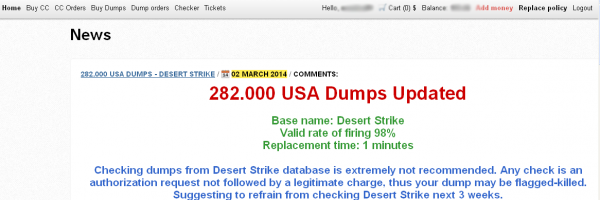In the wake of one data breach after another, millions of Americans each year are offered credit monitoring services that promise to shield them from identity thieves. Although these services can help true victims step out from beneath the shadow of ID theft, the sad truth is that most services offer little in the way of real preventative protection against the fastest-growing crime in America.
Having purchased credit monitoring/protection services for the past 24 months — and having been the target of multiple identity theft attempts — I feel somewhat qualified to share my experience with readers. The biggest takeaway for me has been that although these services may alert you when someone opens or attempts to open a new line of credit in your name, most will do little — if anything — to block that activity. My take: If you’re being offered free monitoring, it probably can’t hurt to sign up, but you shouldn’t expect the service to stop identity thieves from ruining your credit.
Avivah Litan, a fraud analyst at Gartner Inc., said offering credit monitoring has become the de facto public response for companies that experience a data breach, whether or not that breach resulted in the loss of personal information that could lead to actual identity theft (as opposed to mere credit card fraud).
“These are basically PR vehicles for most of the breached companies who offer credit report monitoring to potentially compromised consumers,” Litan said. “Breached companies such as Target like to offer it as a good PR move even though it does absolutely nothing to compensate for the fact that a criminal stole credit card mag stripe account data. My advice for consumers has been – sure get it for free from one of the companies where your data has been compromised (and surely these days there is at least one). But don’t expect it to help much – by the time you get the alert, it’s too late, the damage has been done. It just shortens the time to detection so you may have a slightly improved chance of cleaning up the damage faster. And you can get your credit reports three times a year from the government website for free which is almost just as good so why pay for it ever?”
FRAUD ALERT BREAKDOWN
Normally, I place fraud alerts on my credit file every 90 days, as allowed by law. This step is supposed to require potential creditors to contact you and obtain your permission before opening new lines of credit in your name. You merely need to file a fraud alert (also called a “security alert”) with one of the credit bureaus (Equifax, Experian or Trans Union). Whichever one you file with is required by law to alert the other two bureaus as well.
Most consumers don’t know this (few consumers know the names of the three main credit bureaus), but there is actually a fourth credit bureau that you should alert: Innovis. This bureau follows the same rules as the big three, and you may file a fraud alert with them at this link.
Fraud alerts last 90 days, and you can renew them as often as you like (a recurring calendar entry can help with this task); consumers who can demonstrate that they are victims or are likely to be victims of identity theft can apply for a long-term fraud alert that lasts up to 7 years (a police report and other documentation may be required).














